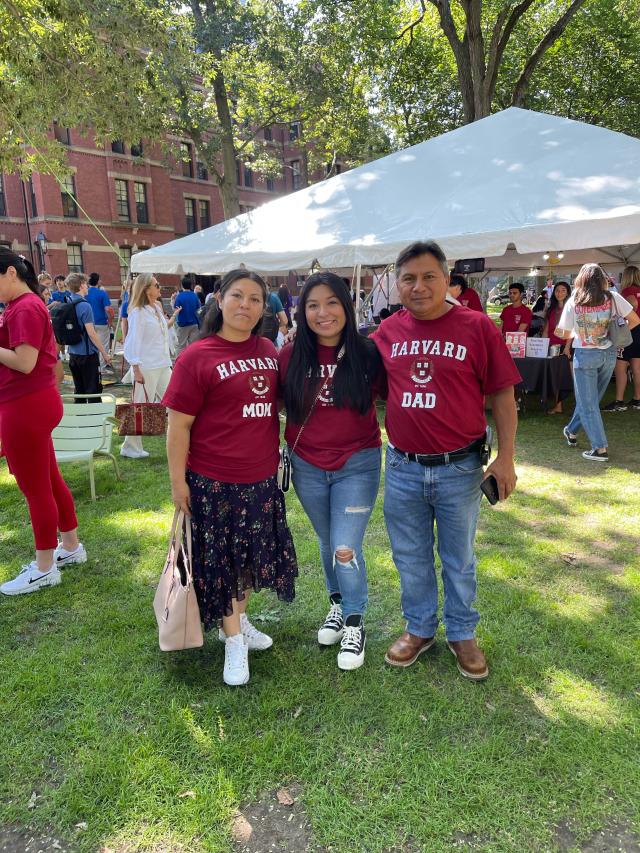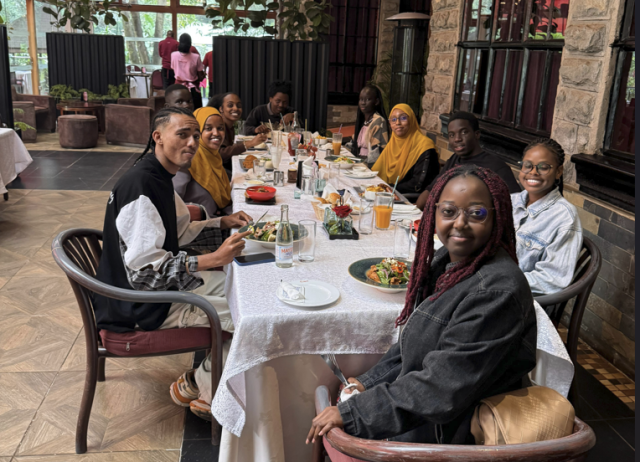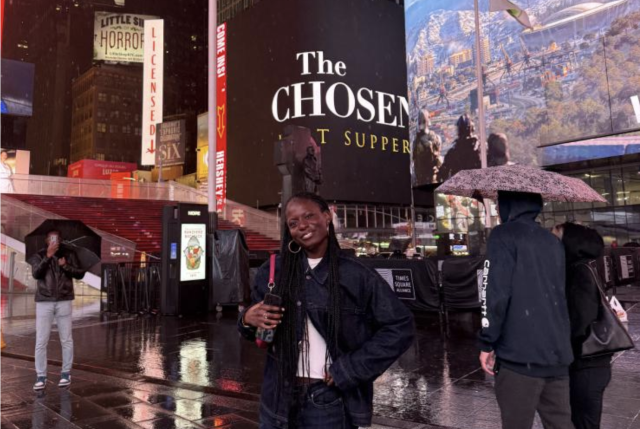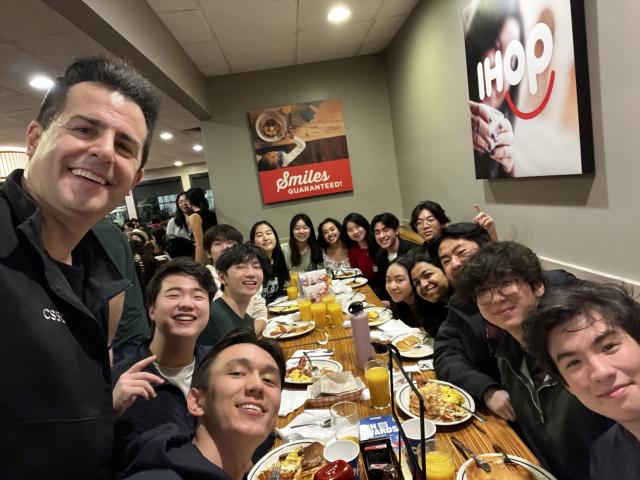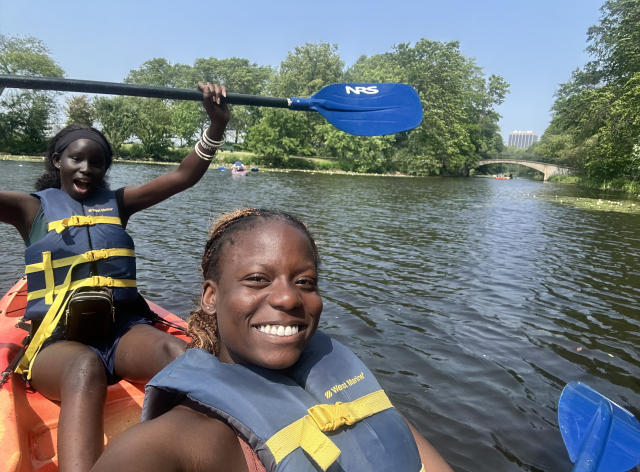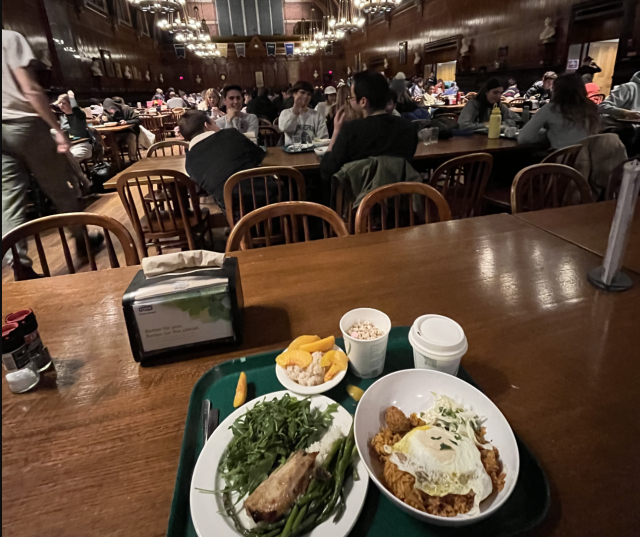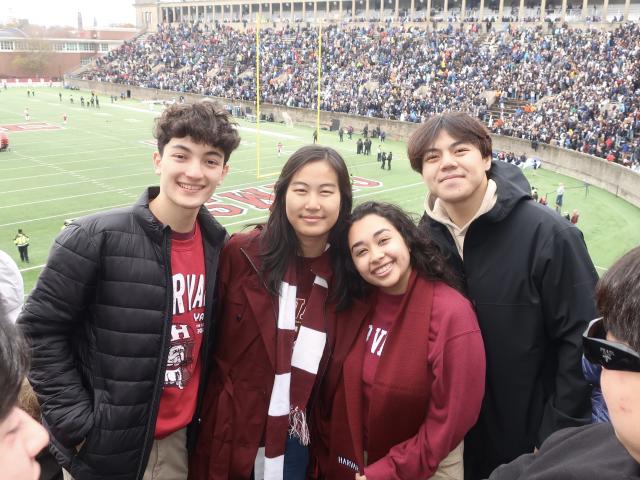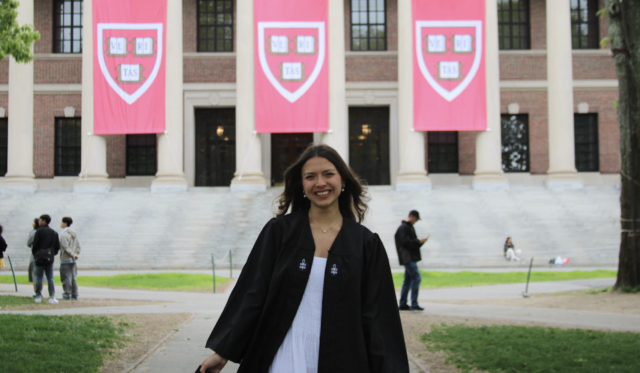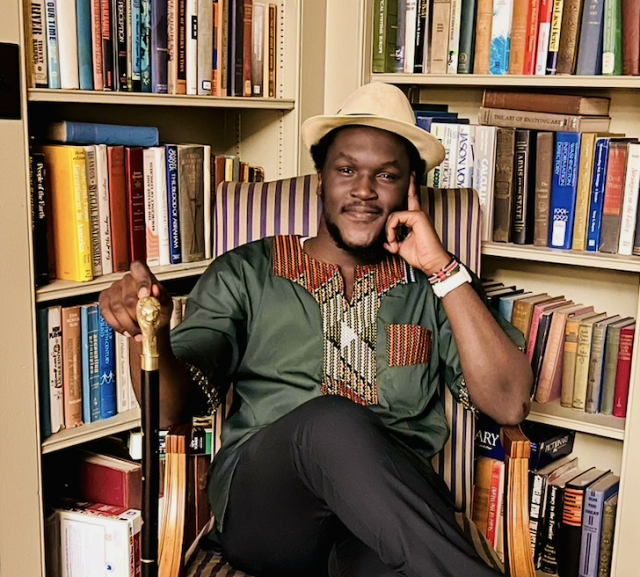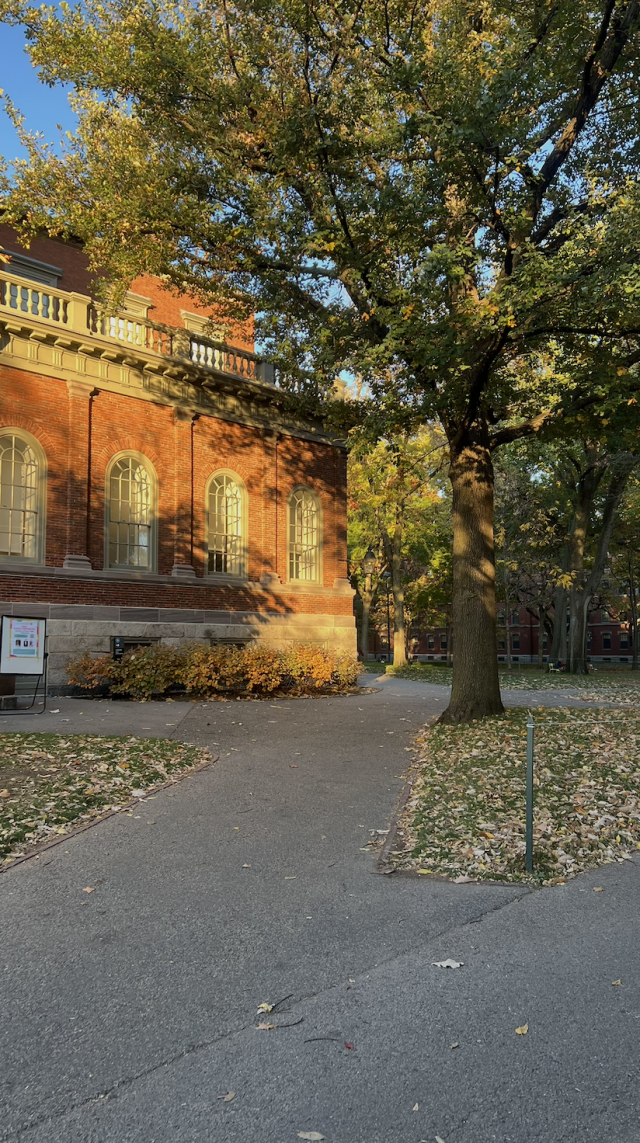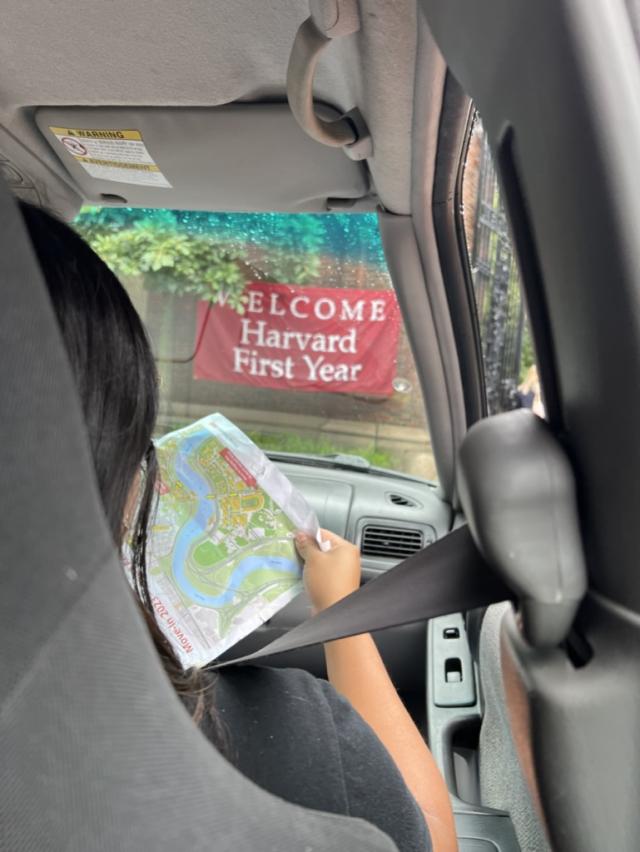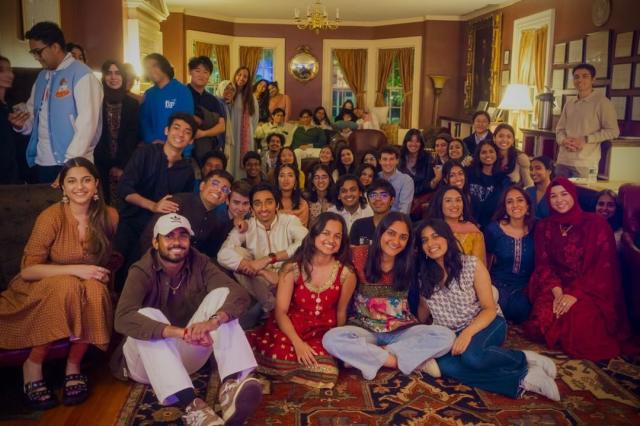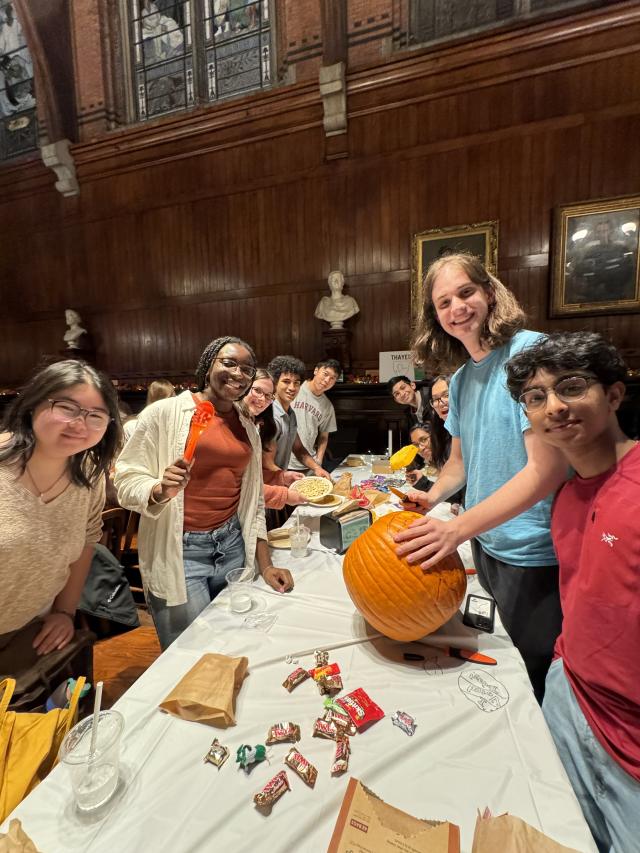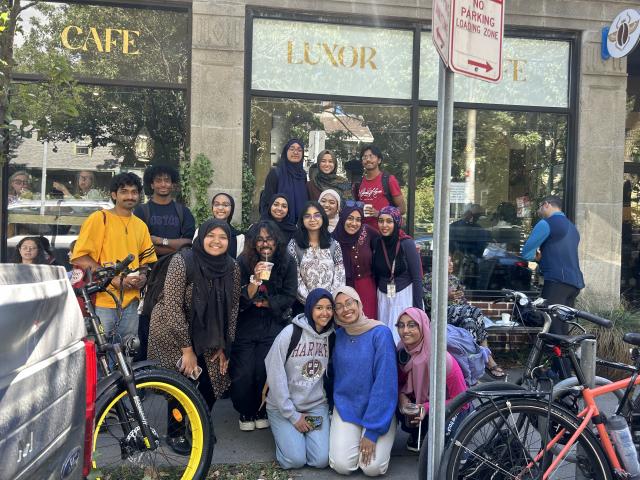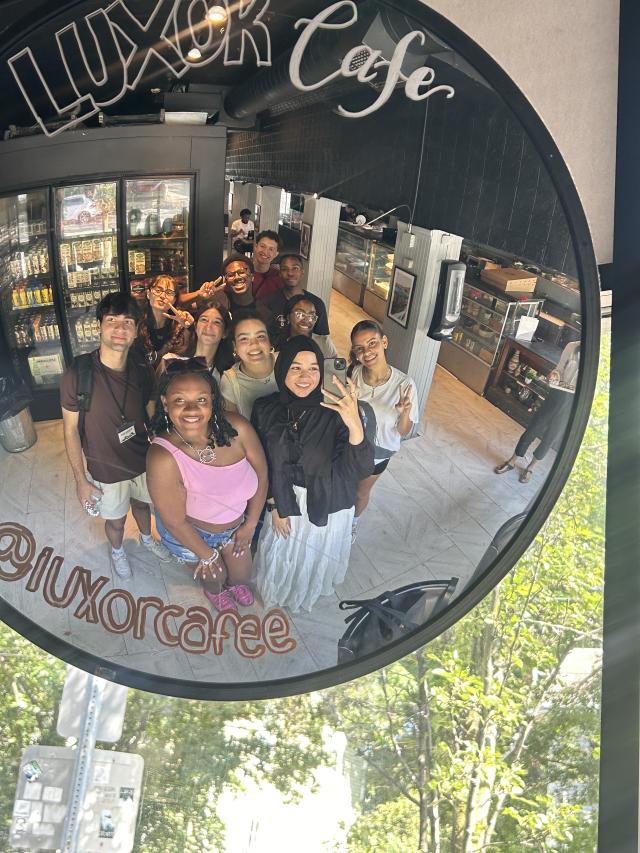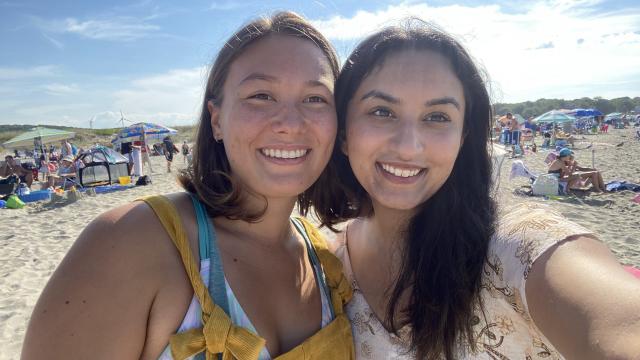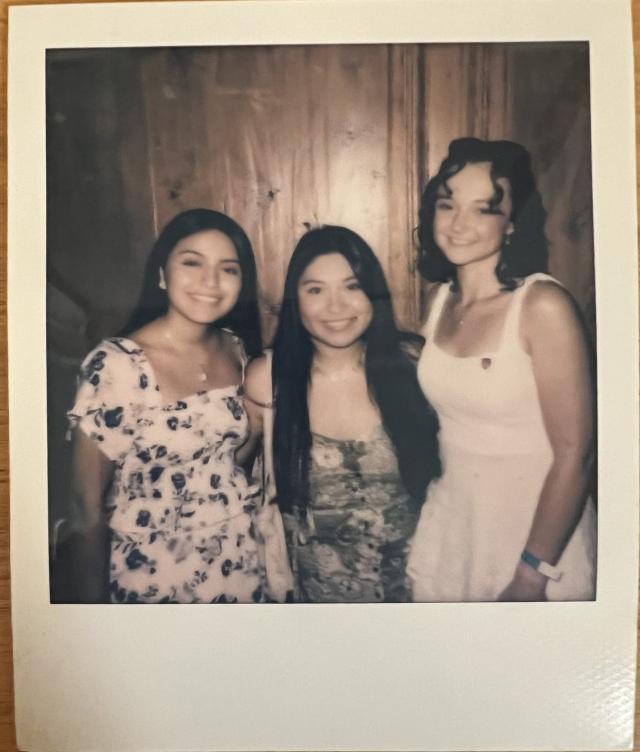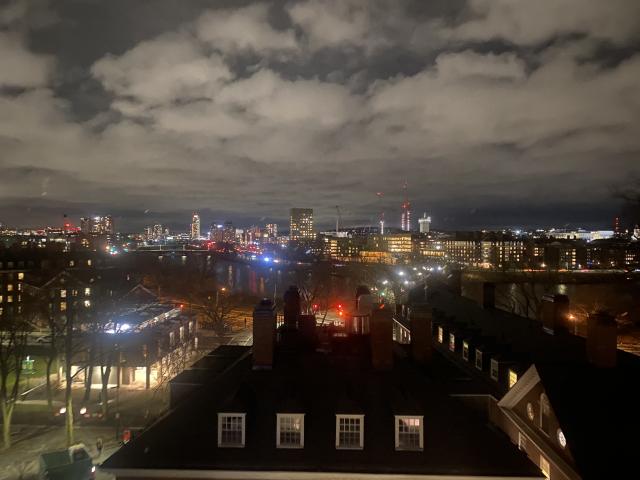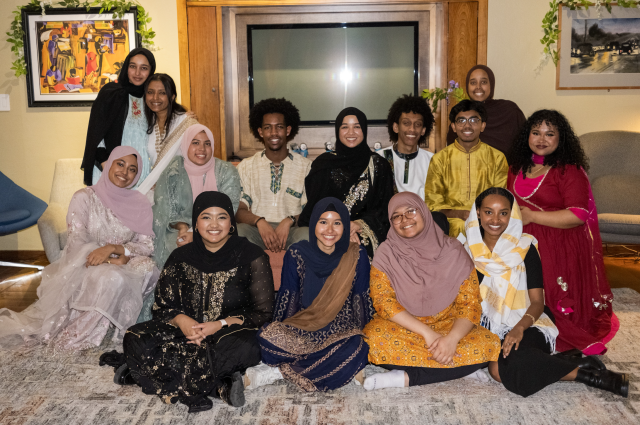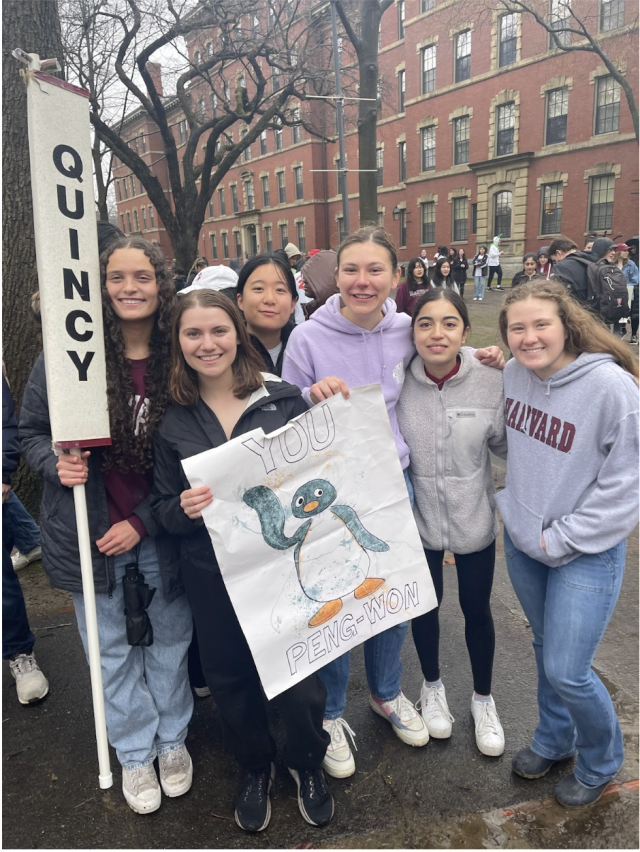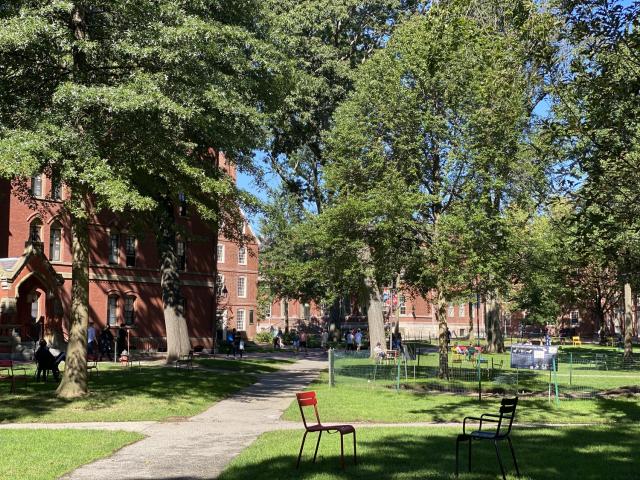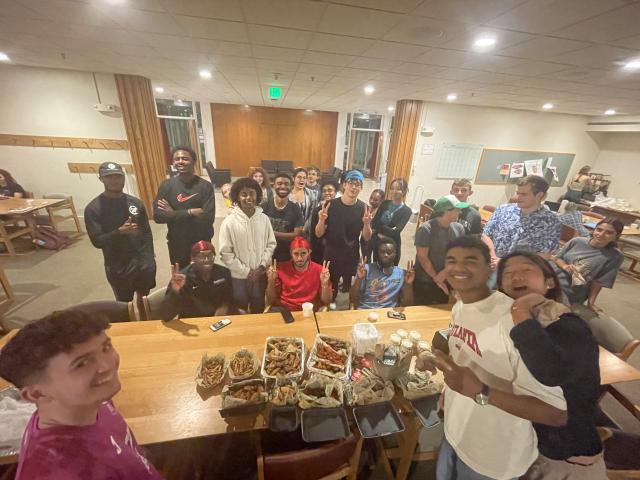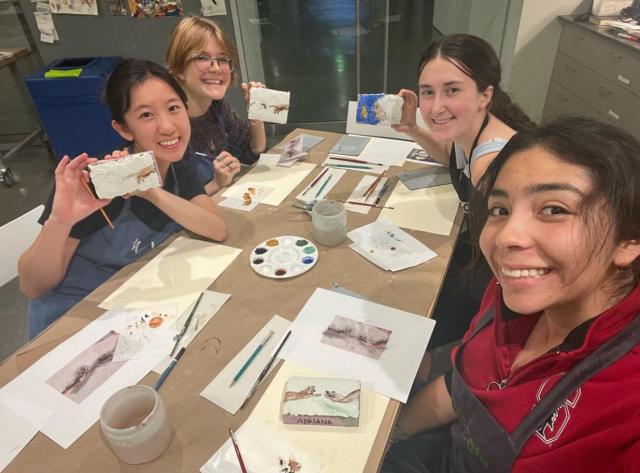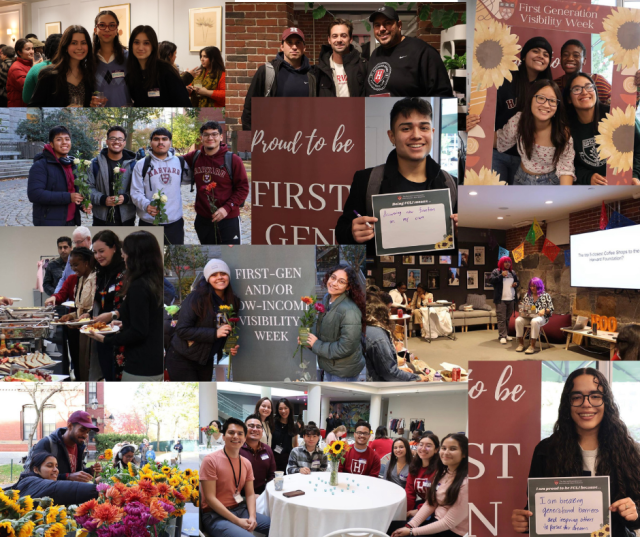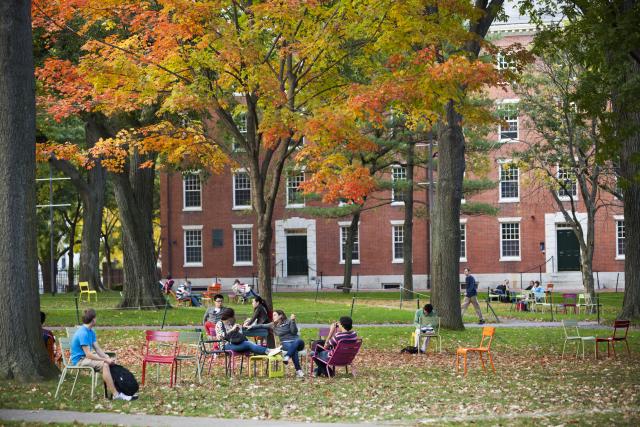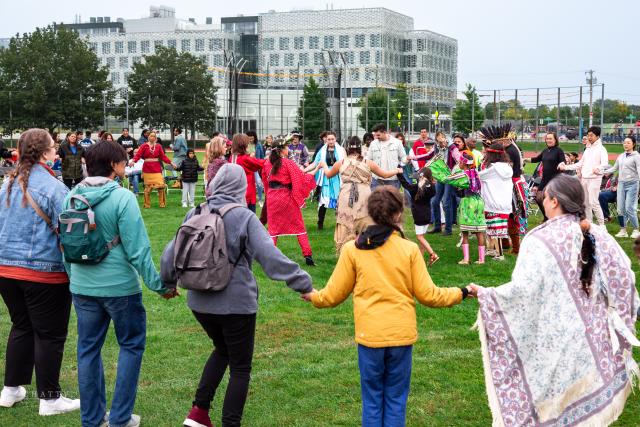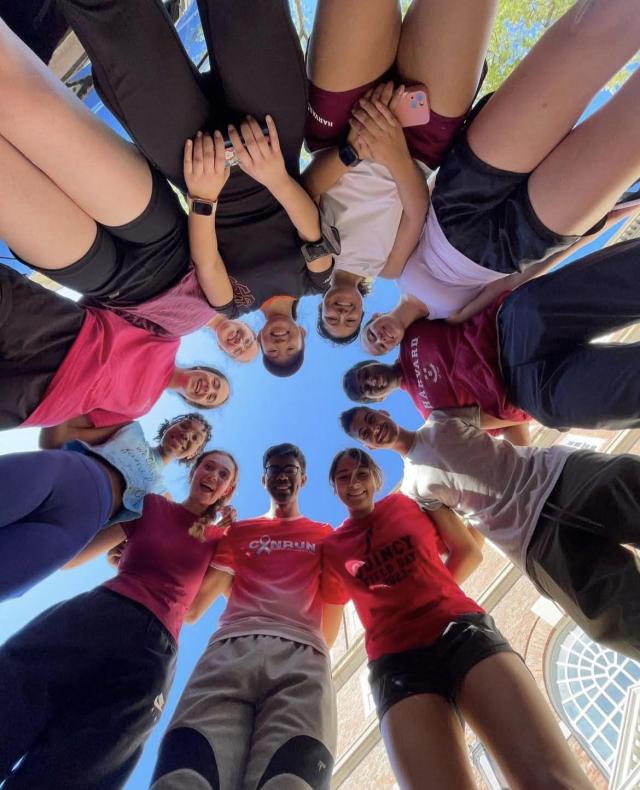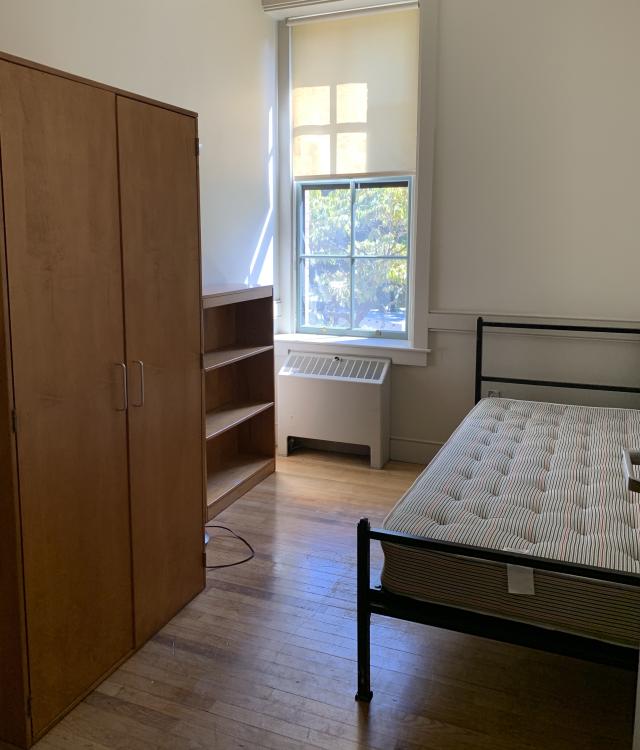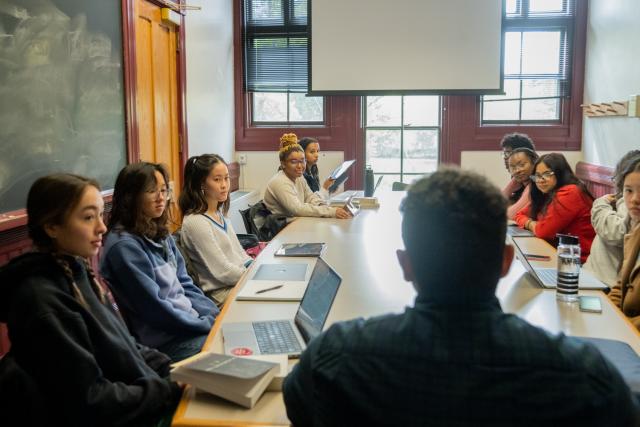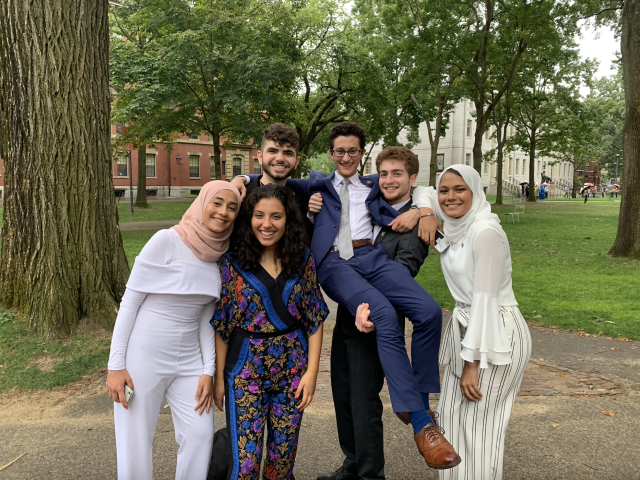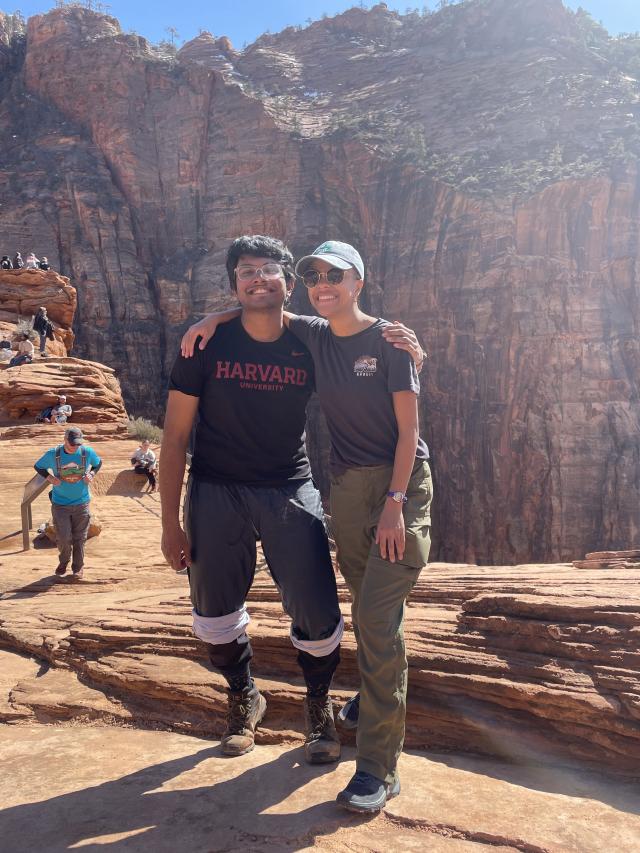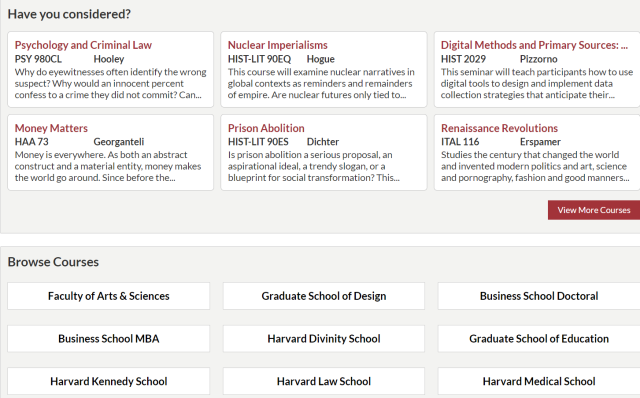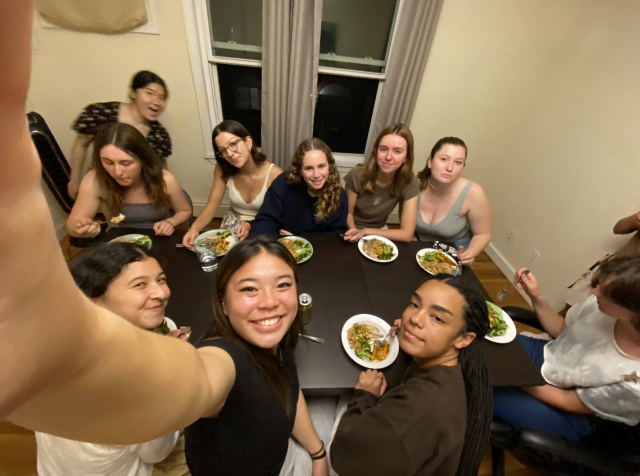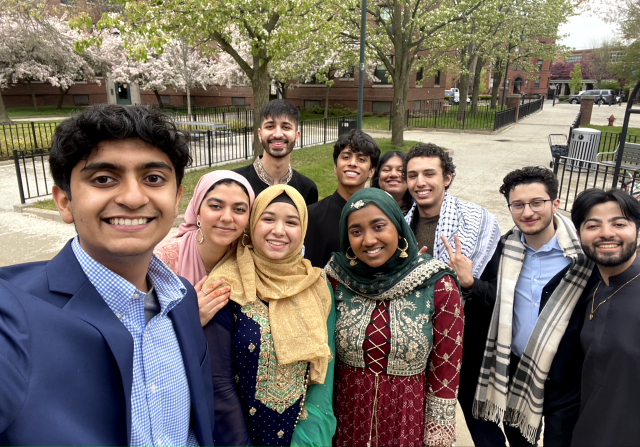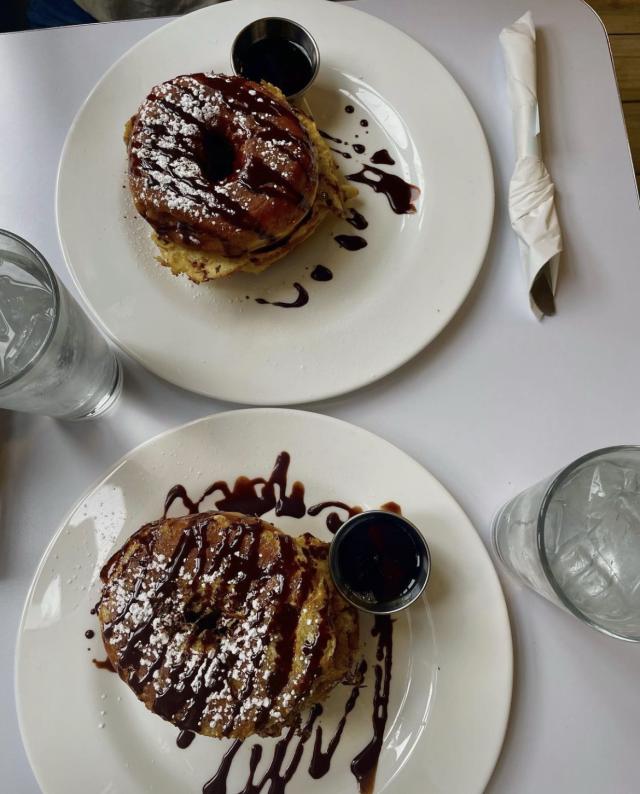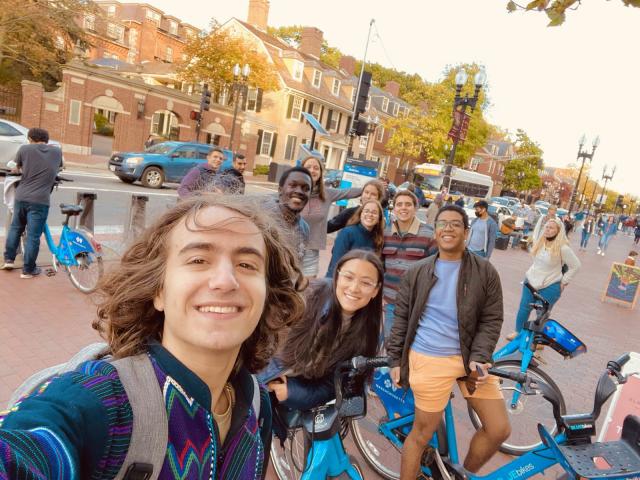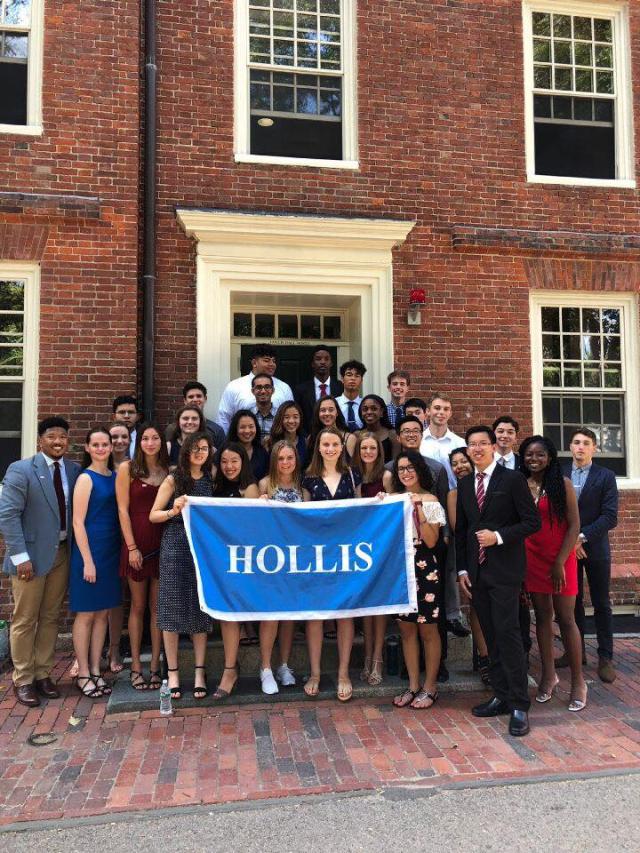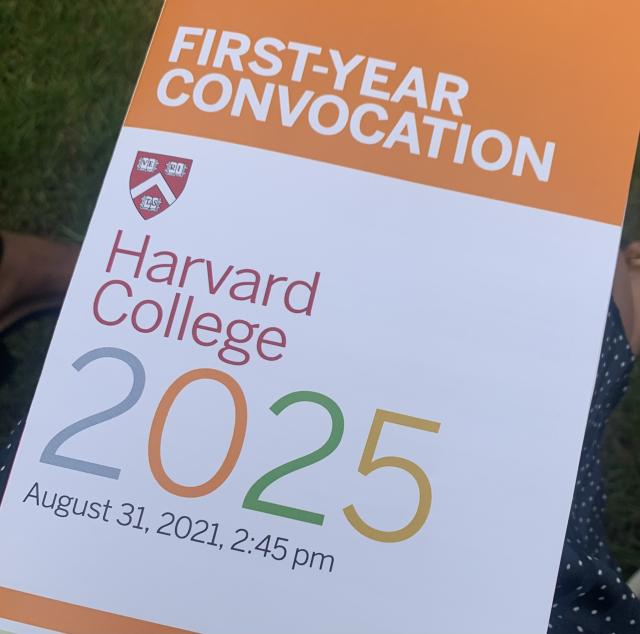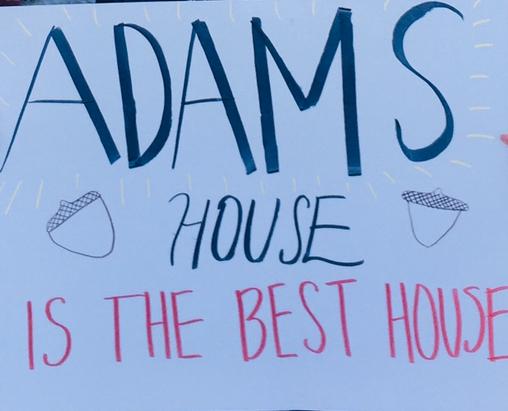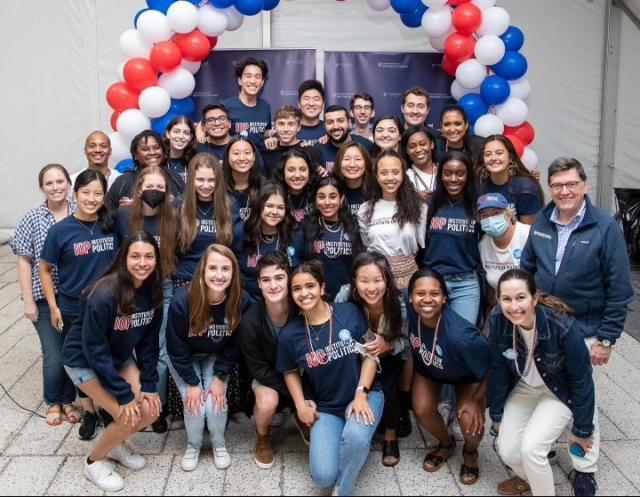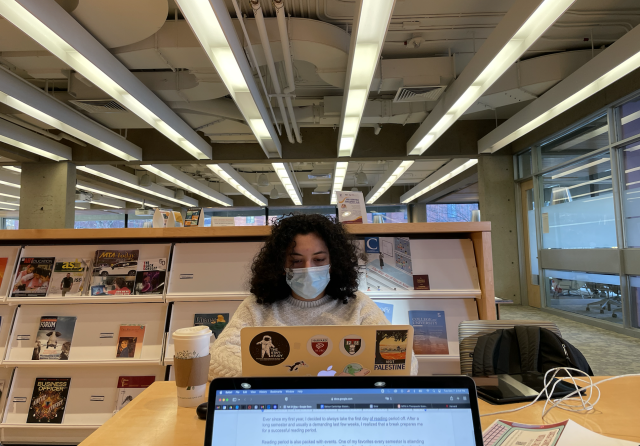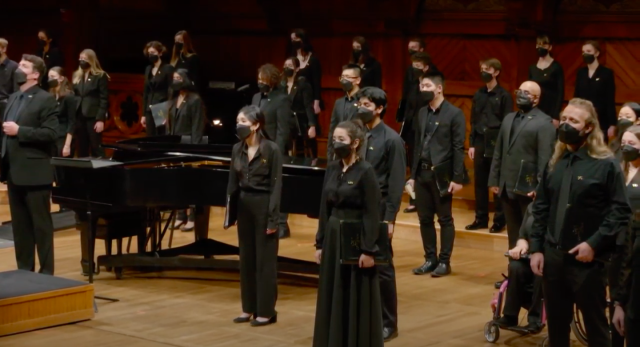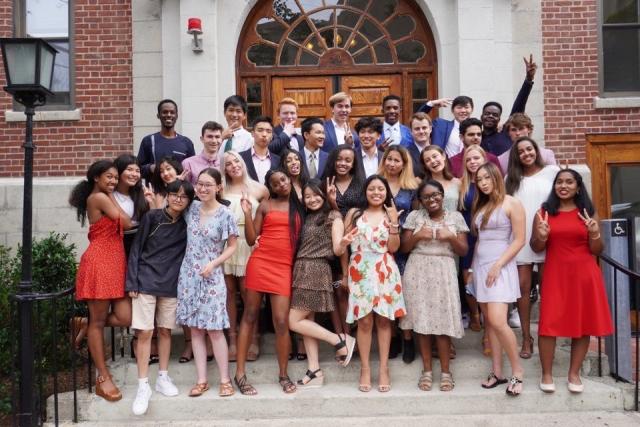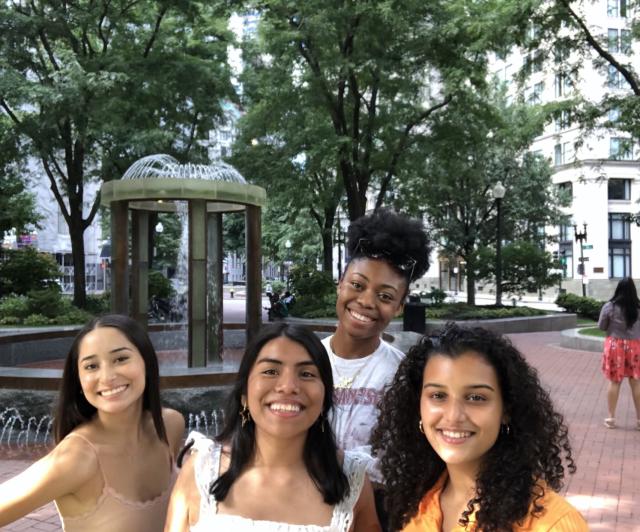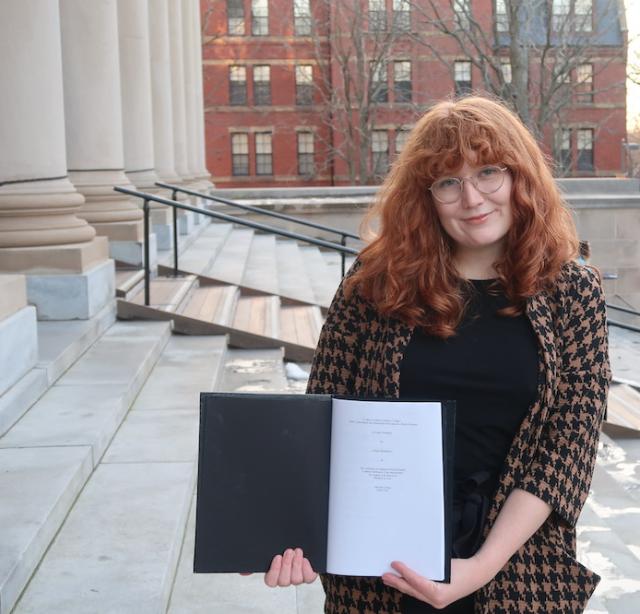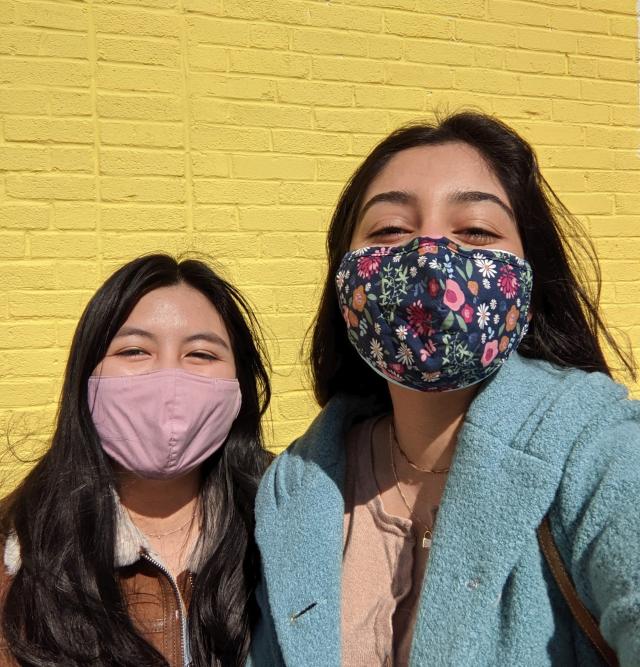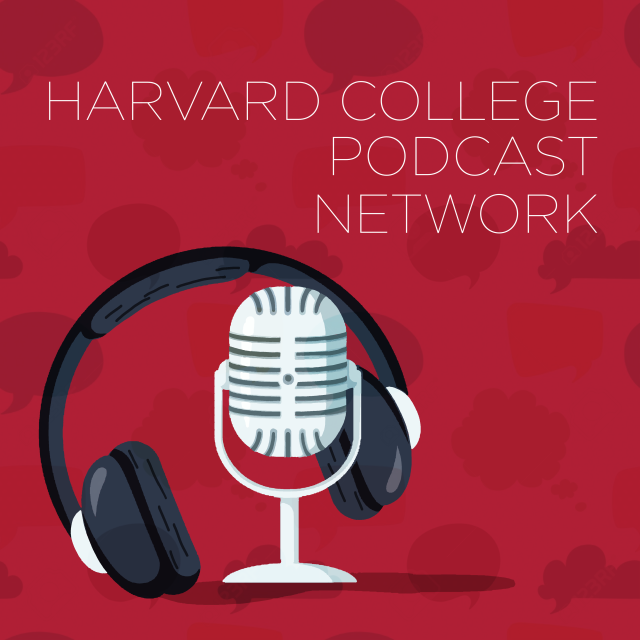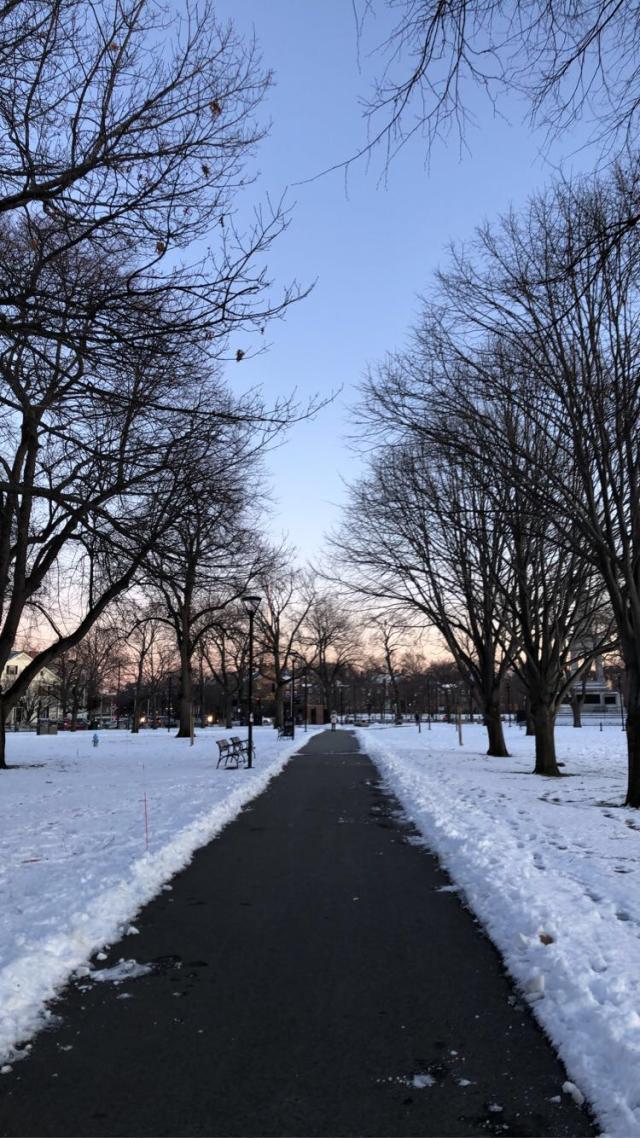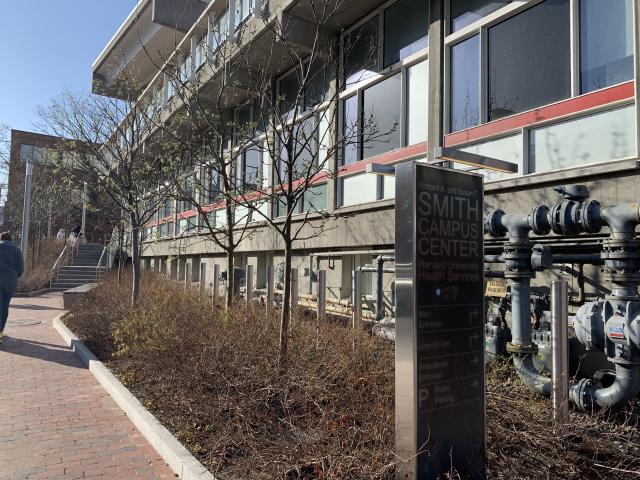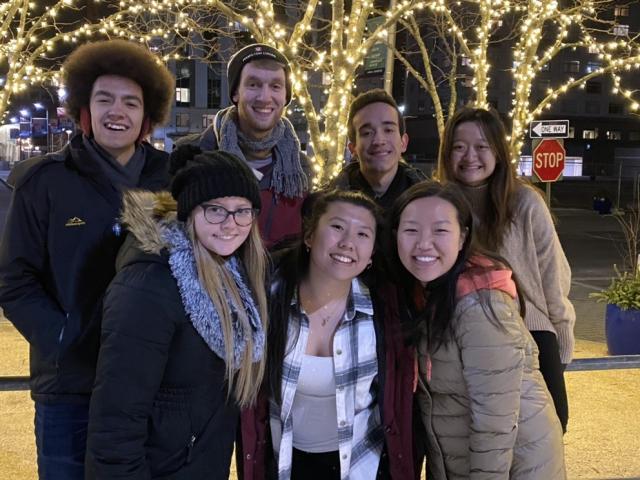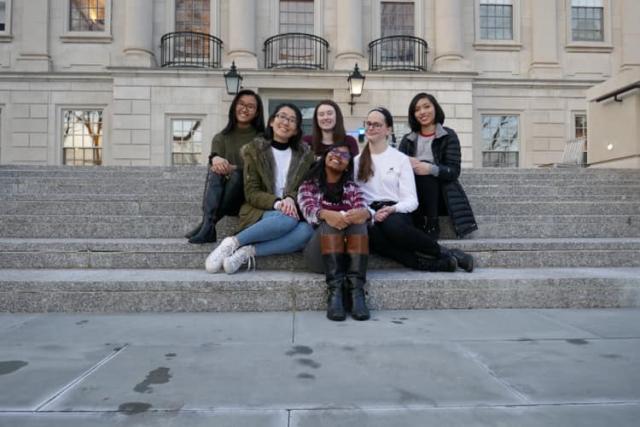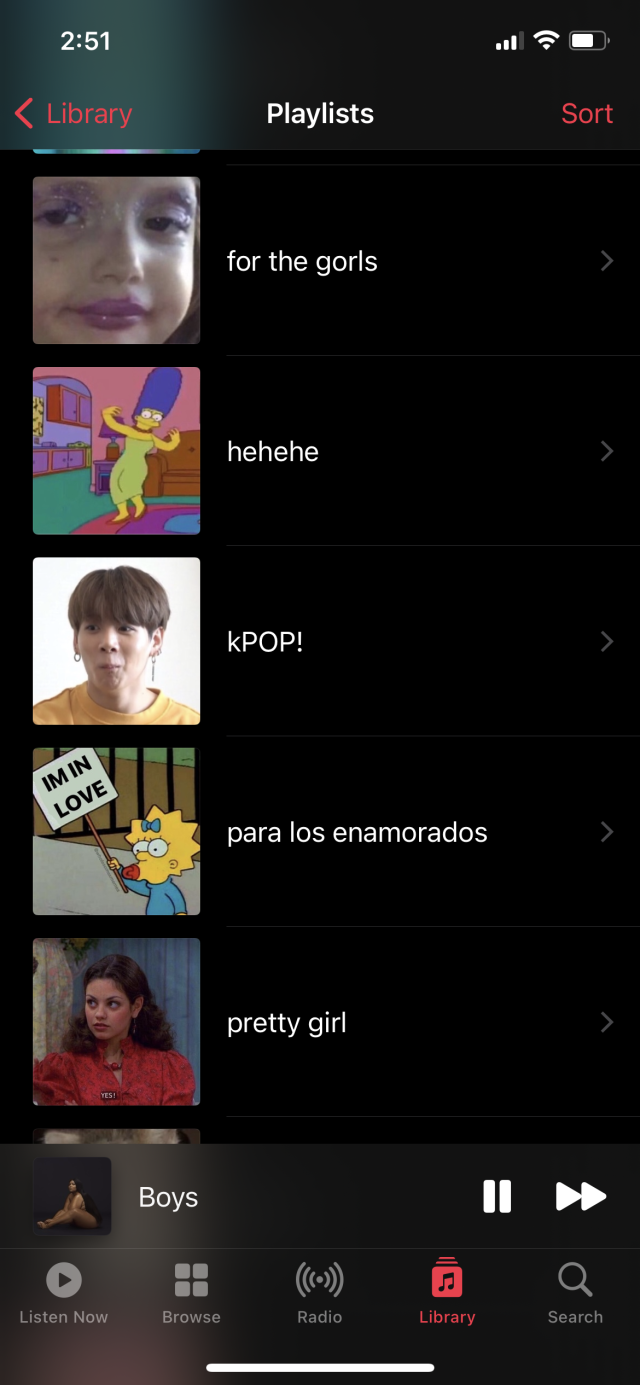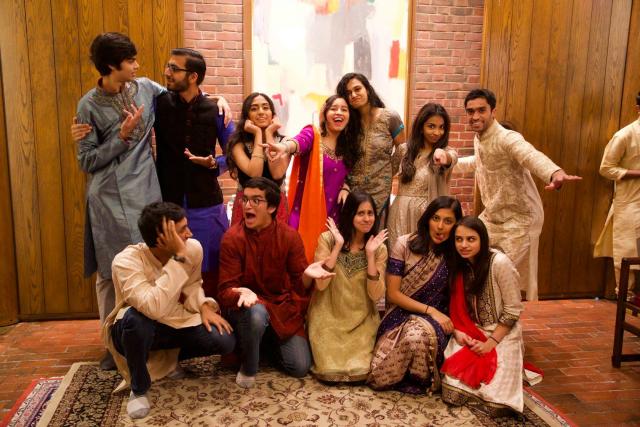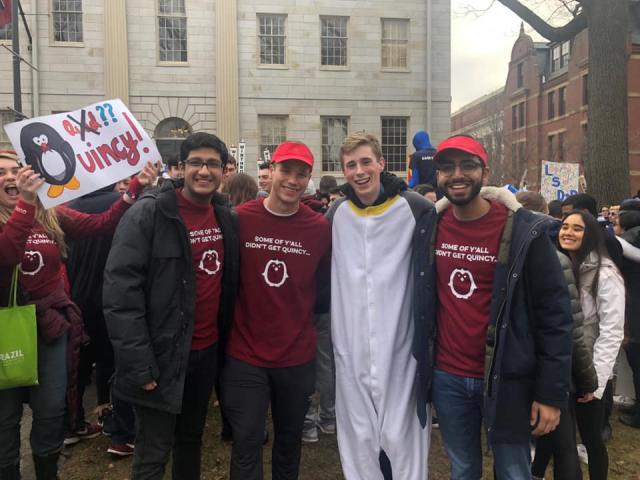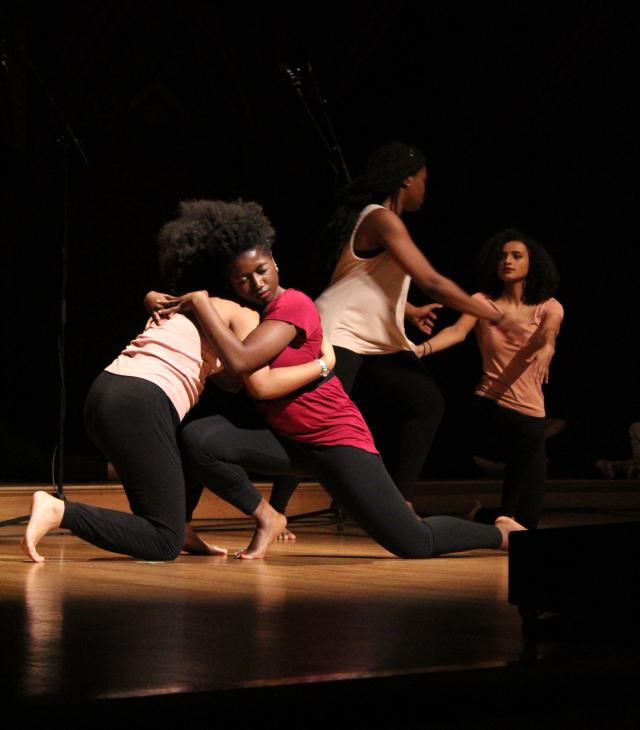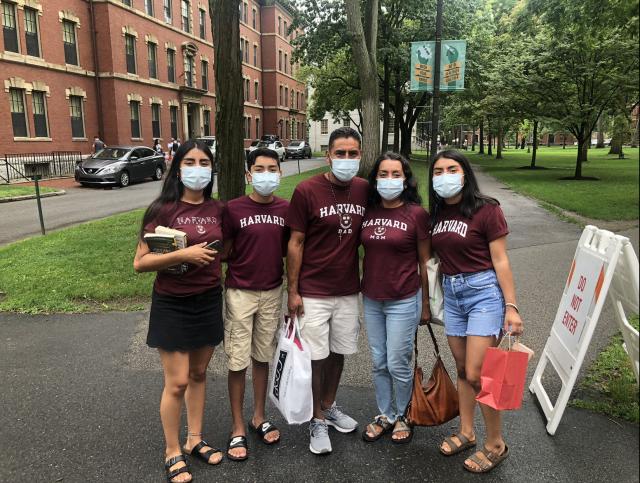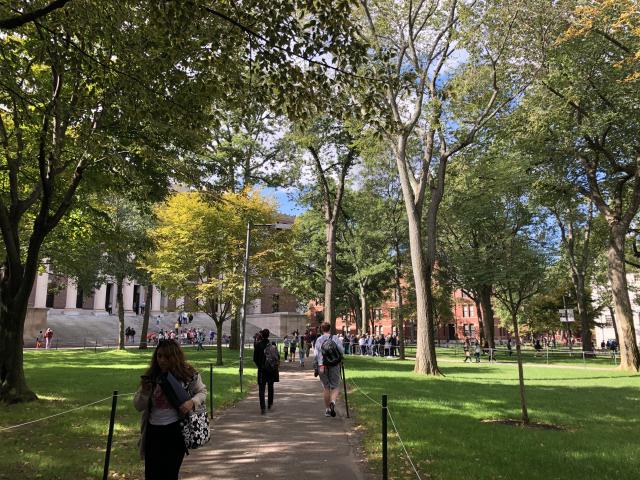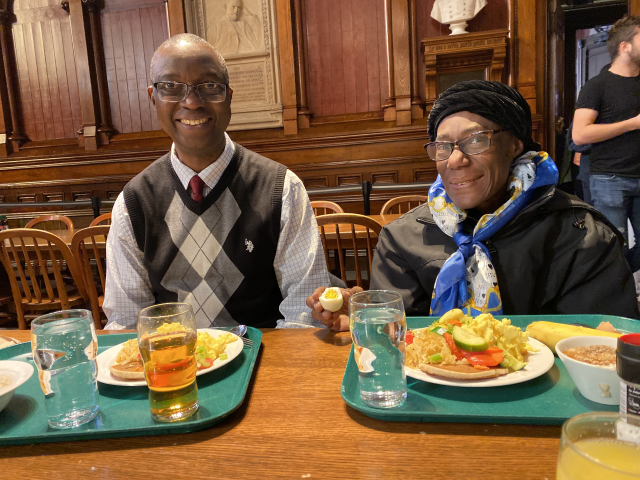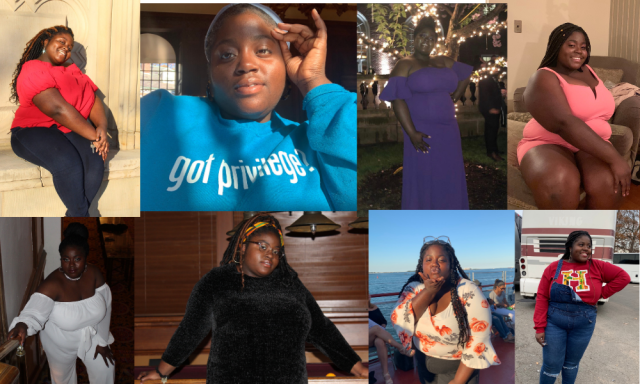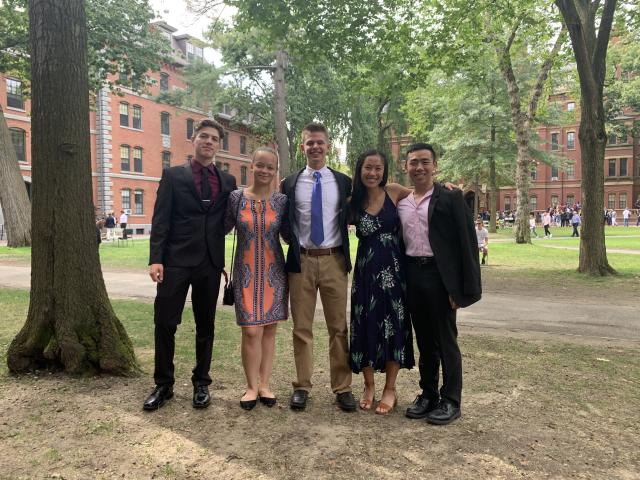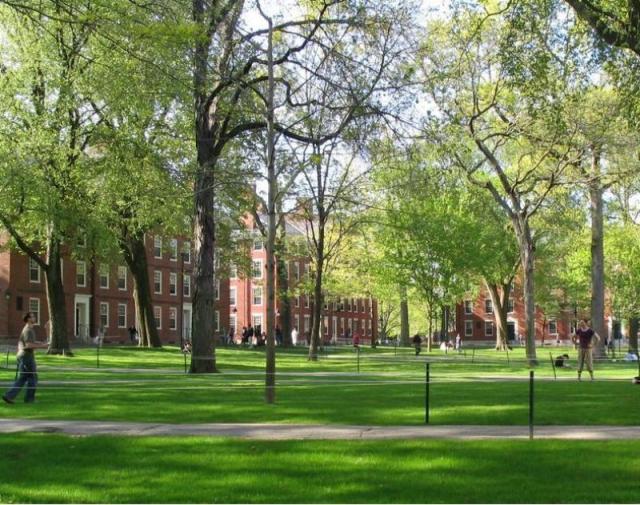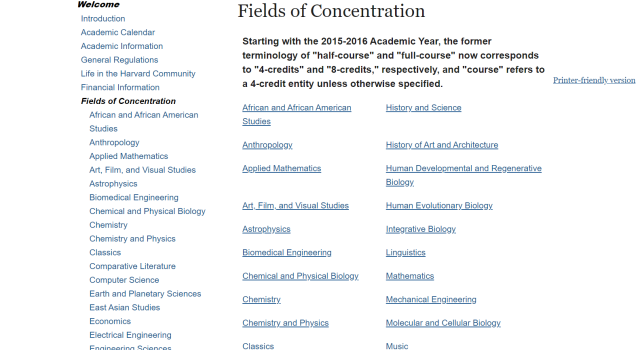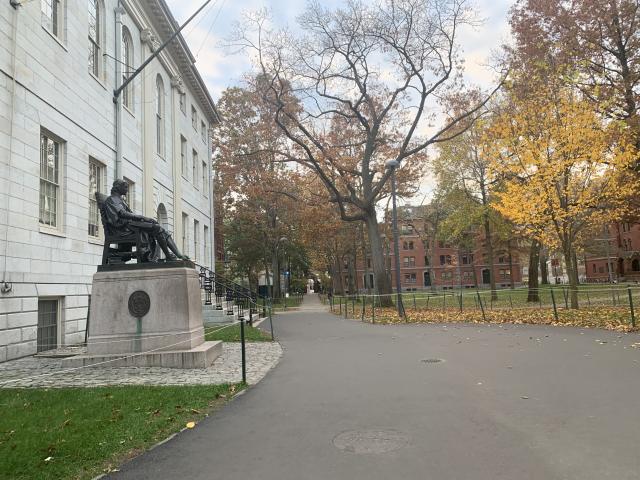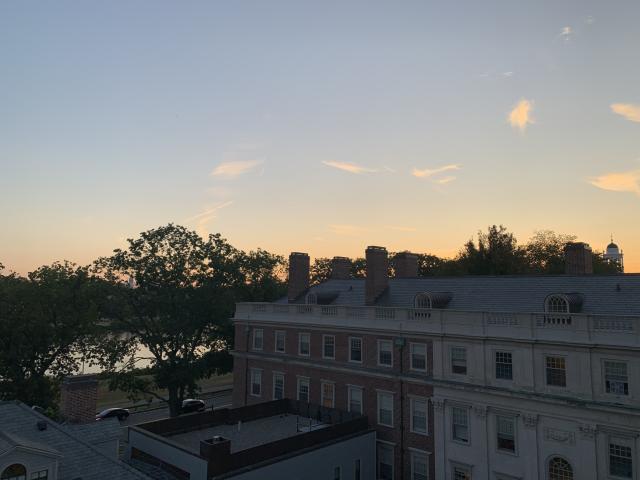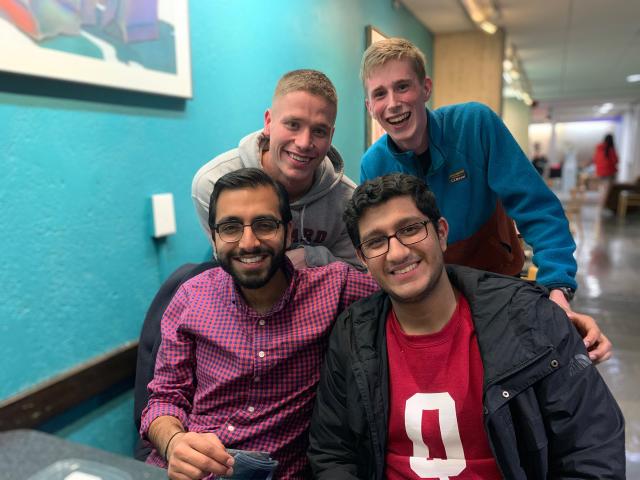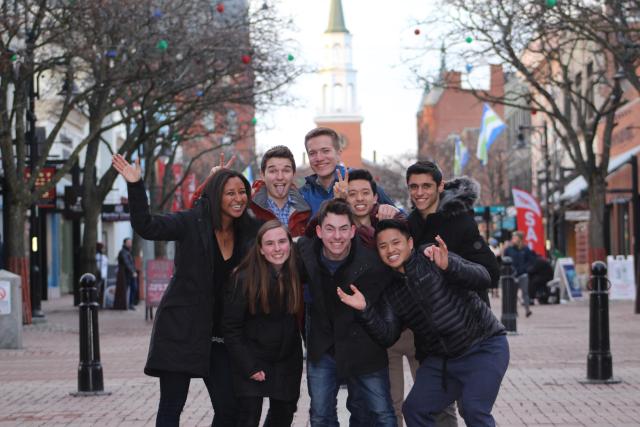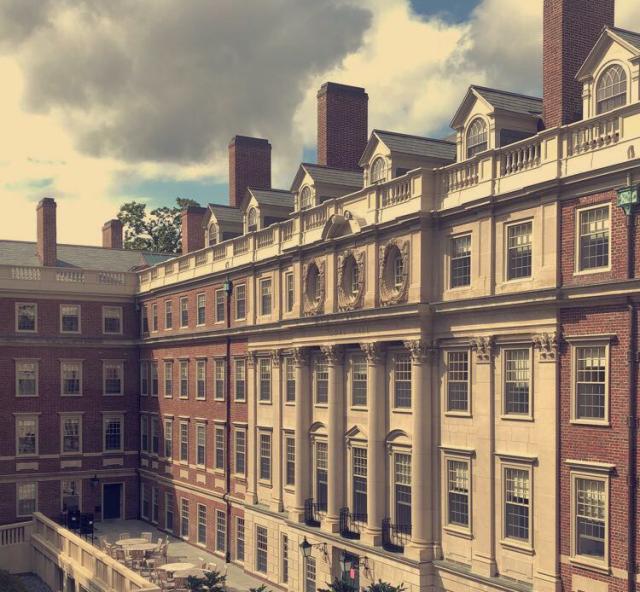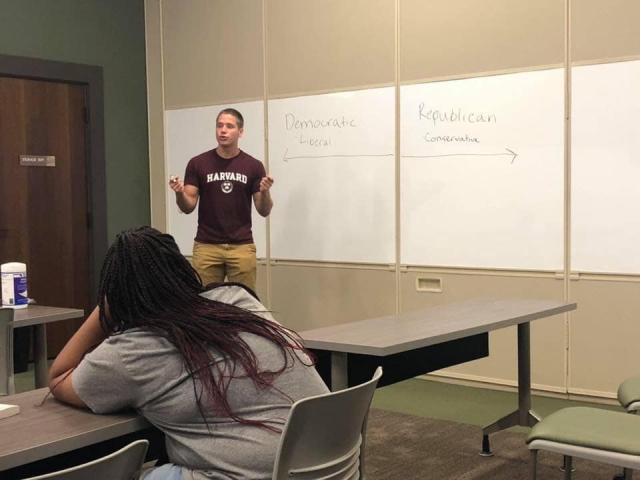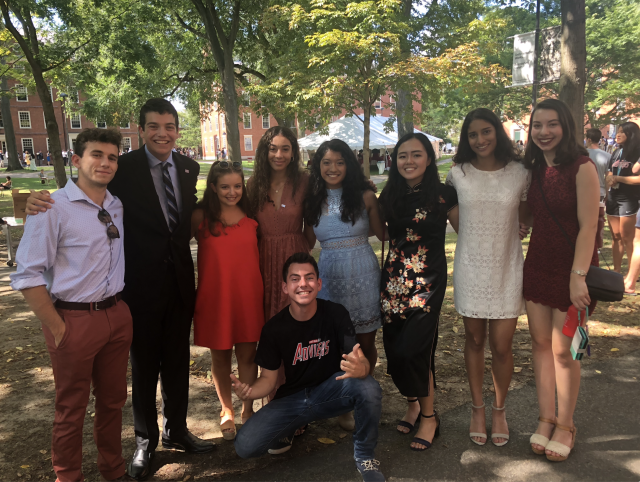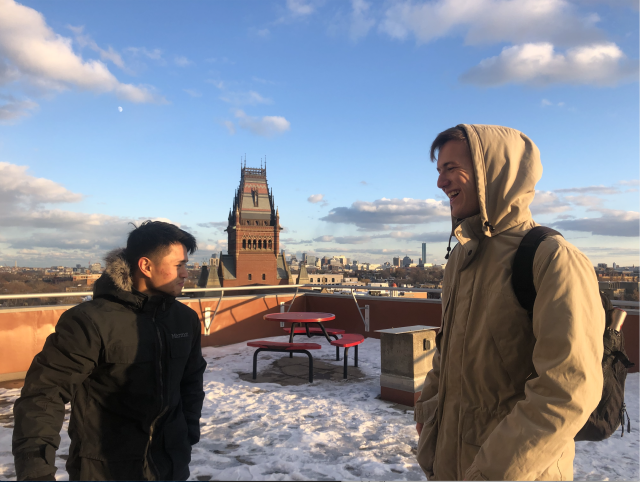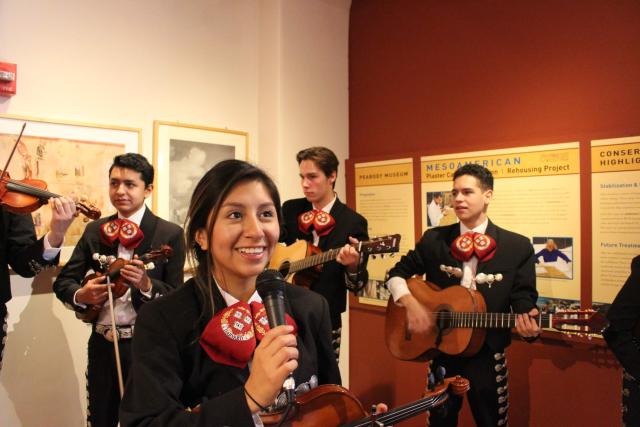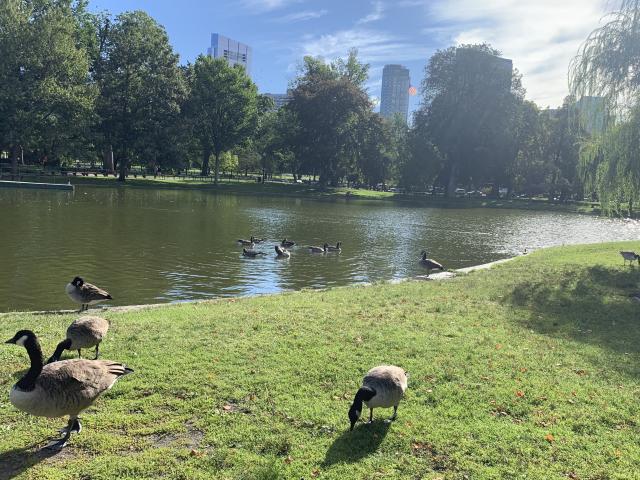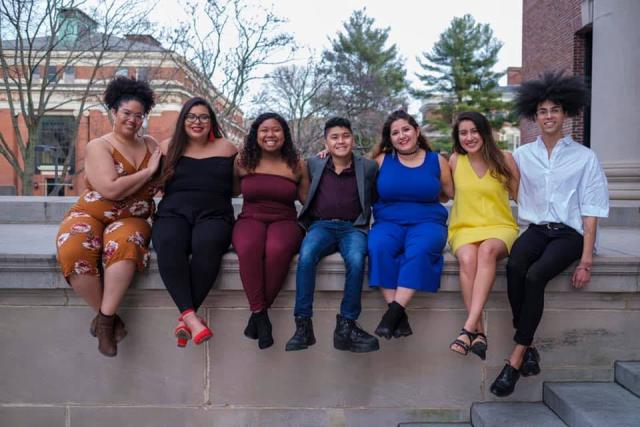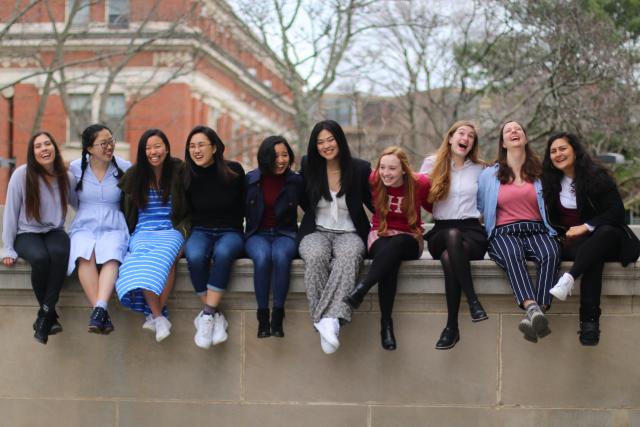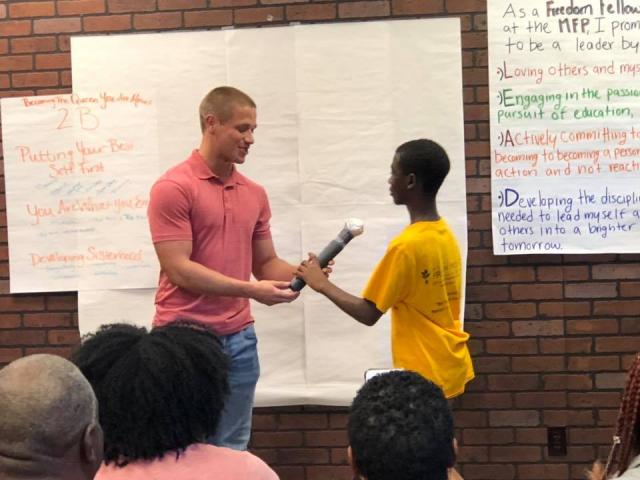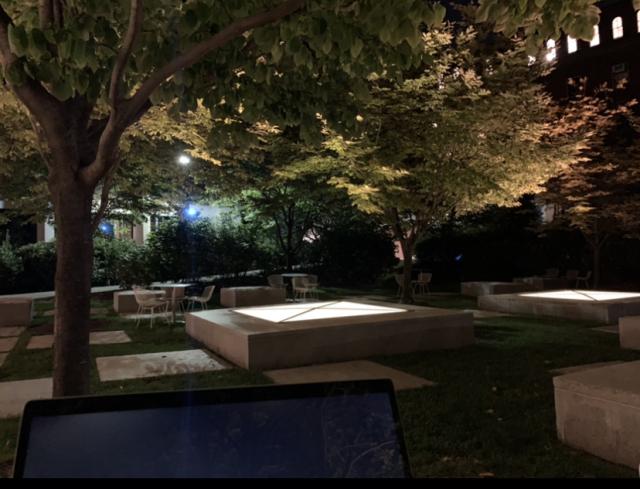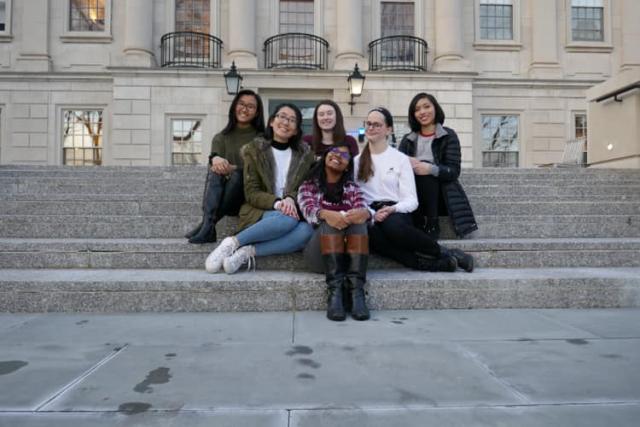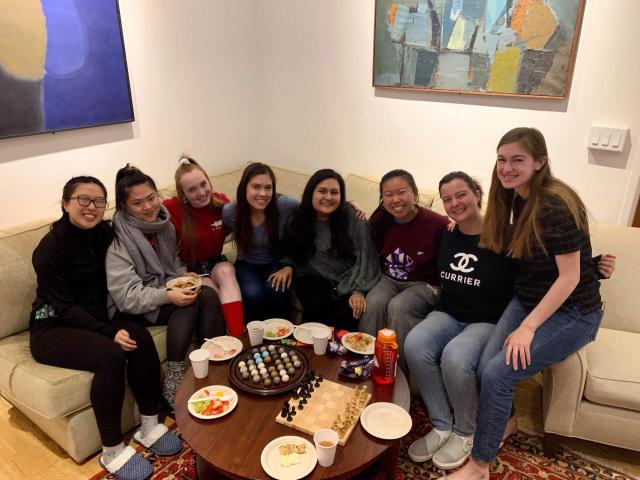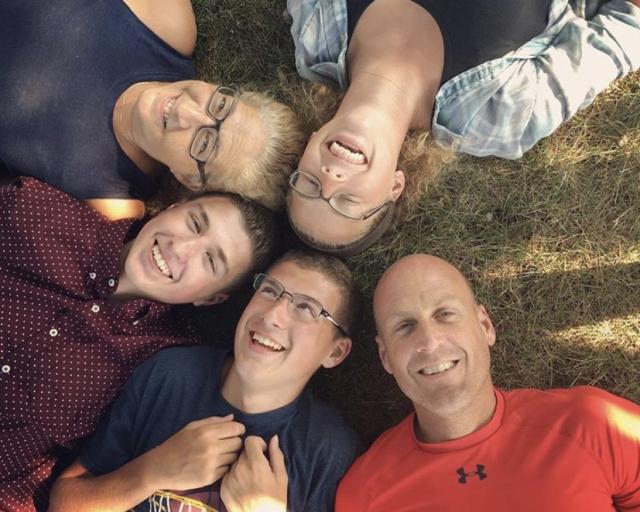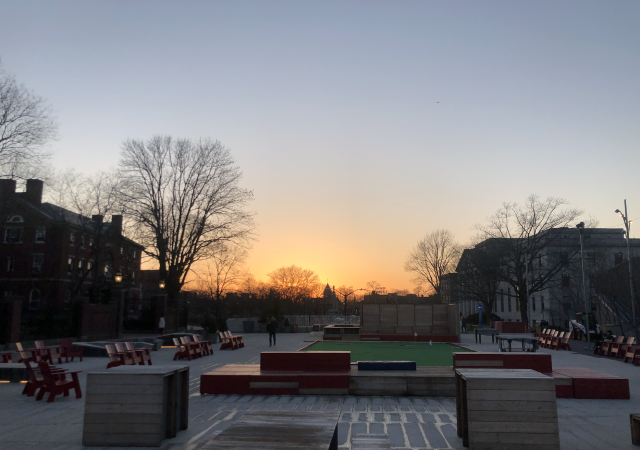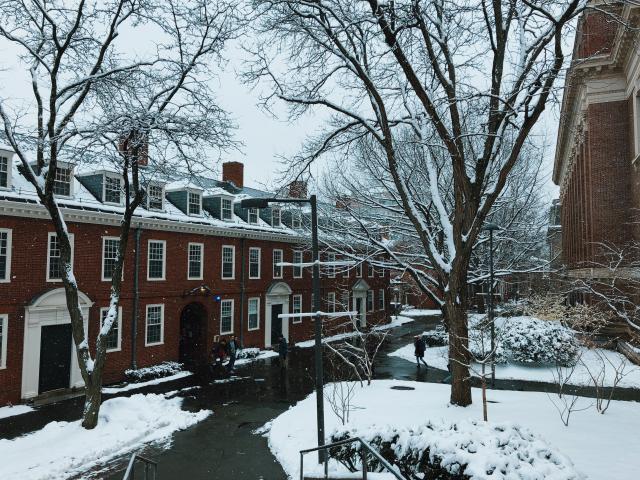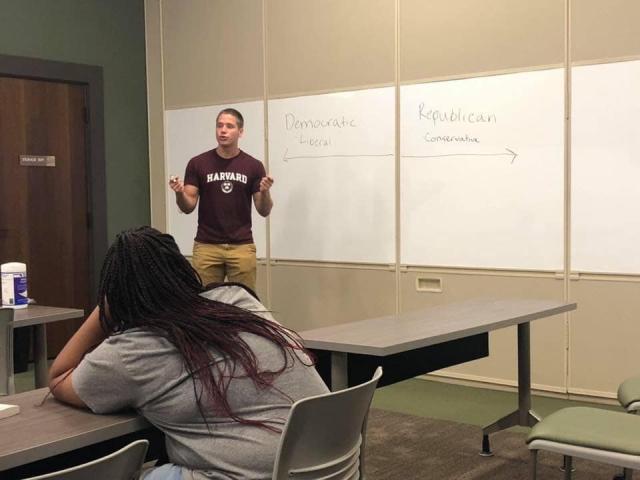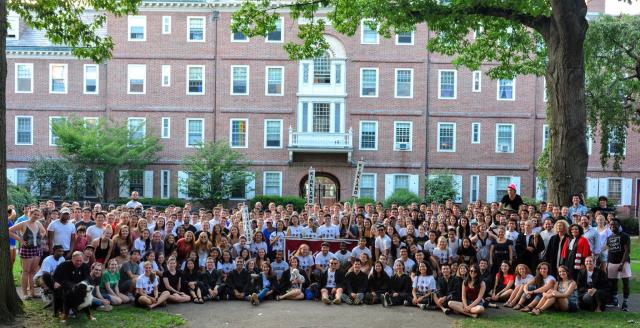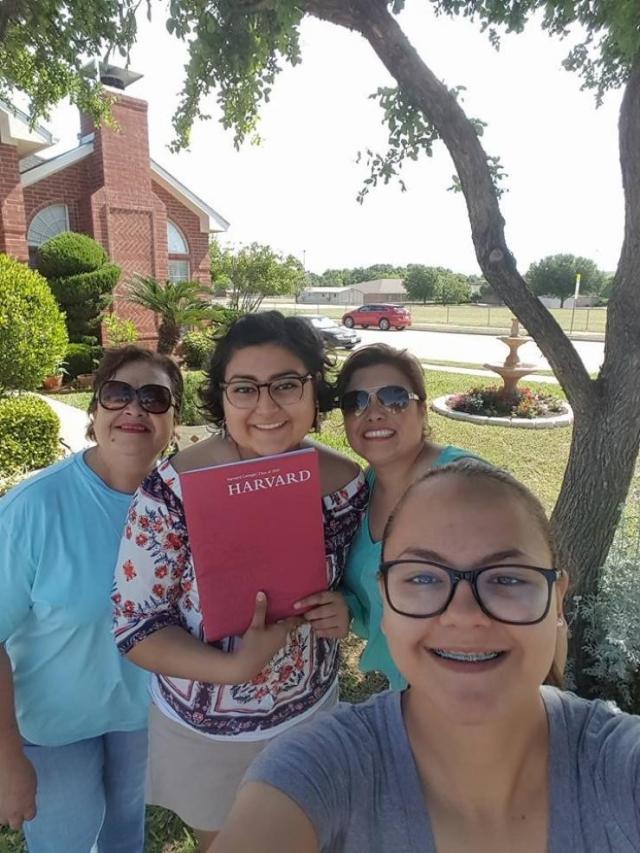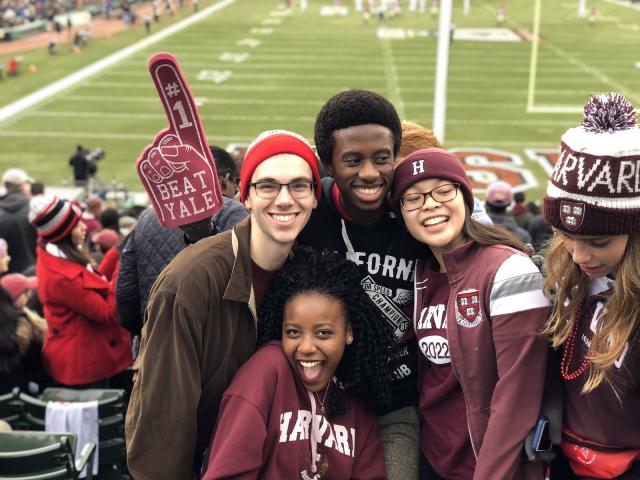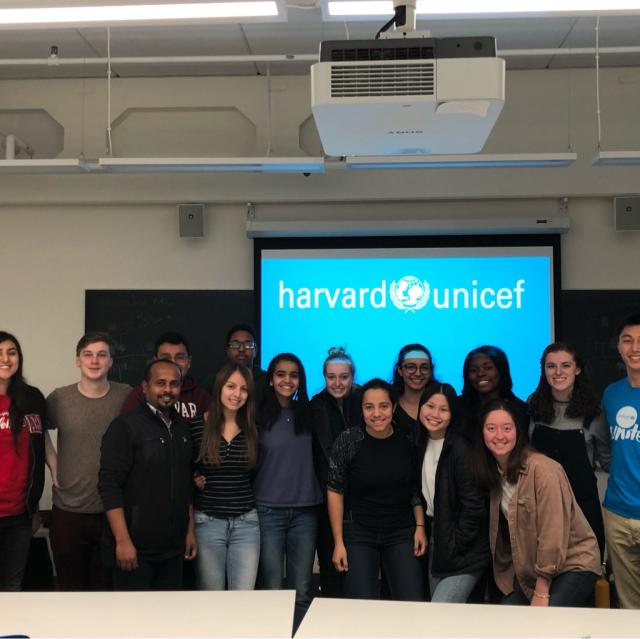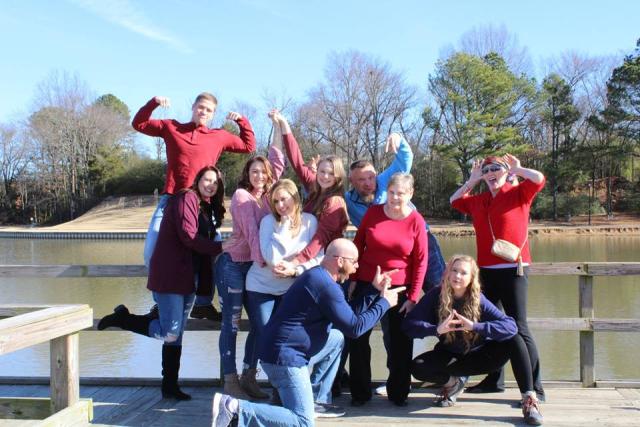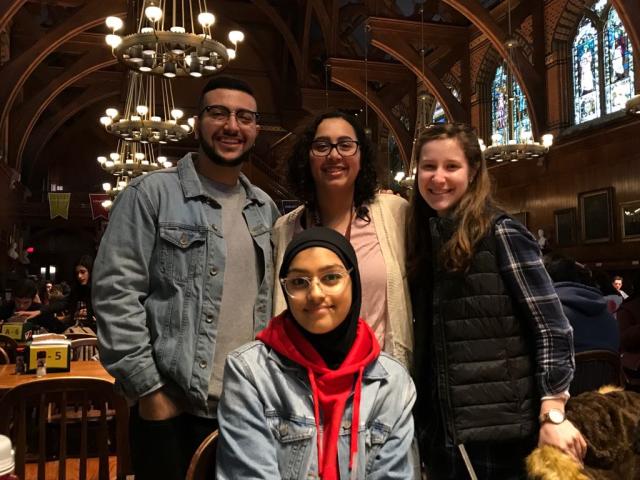COVID-19 was “unprecedented” for a variety of reasons. Among them was that over 20% of the Harvard class of 2024 decided to defer enrollment. I was one of those 340 gappers.
This was quite the leap of faith for me; I can be quite cautious and risk-averse (euphemisms for being a little boring). But as a member of the class of 2024, I felt convinced that attending college that fall—when everything was rife with uncertainty—was the risky option.
Still, I’m a chronic over-thinker. My proliferating worries, and compulsive need to over-plan, rendered the decision to pursue a gap year a particularly difficult one, but one that I’m exceedingly grateful to have made. After a truly unforgettable year, I am certain that taking time off would have been excellent decision: with or without the presence of the pandemic.
If you’re on the fence about taking a gap year, look no further! See below for my 5 biggest concerns when deciding to defer enrollment to Harvard, and how these concerns were all upended by the end of my gap year. I hope that they serve to assuage some of your worries about gapping!
Concern #1: How will I spend a whole YEAR?
I hold structure sacrosanct (color-coded Google Calendars, anyone?) and couldn't fathom 12 months of unstructured time that had been formerly occupied by classes and extracurriculars and social obligations. I was hugely skeptical about how I could fill the space of a gap year. School had been the epicenter of my life: it was daring—presumptuous, even—to reimagine my life differently.
But there was something liberating about being the sole curator of my gap year. I loved high school, but I found that I was often forced to sideline my interests: books I wanted to read, stories I wanted to write, films I wanted to watch. Suddenly, a year didn’t feel quite long enough for me to do all that I had neglected in high school. In this way, my gap year served as a natural corrective to my desire for structure.
And now, even though my Harvard existence is predicated on effective scheduling and time management, my gap year helped institutionalize rituals of self-care into the infrastructure of my life. In doing so, it helped me re-conceptualize self-care not as an indulgence, but as a necessity. I now consider reading a chapter of a book or calling my parents back home priorities.
Beyond excessive planning, my gap year helped me regard myself independently from school or academics. For our whole lives, our identities are inextricably linked to our education. After high school, we assume the identity of being Harvard students. But the gap year represents an in-between moment in time in which one can reckon with who they are, beyond their identities as students.
As my gap year drew to a close, I was horrified by how quickly it had transpired. By August, however, I was genuinely thrilled about attending college and itching to move into Harvard Yard.
Concern #2: My Immigrant Parents Are Never Going To Let Me Drop Out Of School
Many prospective gappers experience resistance from friends and family about taking a year off. My parents weren’t exactly enthused by the prospect of their daughter lazing around the house for twelve months. If you do experience such resistance, however, try to formulate concrete plans to show them that your gap year isn’t just a needless escape from school.
That being said, you don’t necessarily need to have everything figured out. I certainly didn't when I deferred enrollment to Harvard! Instead, aim to show the people around you that the gap year is more than just a year-long vacation—it’s a stretch of time for you to reflect, re-calibrate, and re-energize before the next four years.
Concern #3: Gap Years Are Too Expensive
Unfortunately, it’s true that the vast majority of gap year programs are exorbitantly expensive. Thankfully, I joined a program (quick Outer Coast plug) that offered me an extremely generous financial aid package. Gap year programs are an attractive option: they offer a substitute amount of structure in your life, and generally offer “transformative” experiences, such as travel and companionship with people your age. However, you shouldn’t have to sell an organ to afford to have a rewarding gap year. Many gappers choose to embark on mammoth road trips, sometimes even with fellow gap year students, that can be less costly than a formal program.
However, you don’t even need to flee home in order to have a good gap year. If, like me, you wished you’d spent more time with your family over the course of high school, the gap year represents an amazing opportunity to make up for lost time: I was able to attend my 13-year-old brother’s soccer games, cook with my mother in the kitchen, and go on long drives with my dad.
On a final note, financial concerns about gap years extend beyond gap year activities: taking a year off also means entering the workforce (at the very least) a year later. Here’s the good news, though: a gap year does offer students the opportunity to earn some money before college. For example, during my gap year, I worked at Kumon, a student tutoring agency. The extra money has certainly helped alleviate some of the financial burden of college.
Concern #4: My Brain Will Rot Unused
Gap year students often worry about the academic adjustment to college after a year out of school. This concern isn’t completely unfounded—I certainly had to adjust to college academic writing, tough deadlines, and juggling academic, social, and extracurricular obligations. But after taking a gap year, I felt more energized to respond to the pressures of college life.
In fact, I’m grateful to have had a year to grow intellectually. I read fiction. I watched documentaries. I spoke to interesting people, both online and in my local community. I loved intellectually straining myself in non-educational settings—in some ways, it felt strangely novel to learn outside of the four walls of a classroom.
Beyond intellectual growth, I spent a lot of time indulging my feelings and critically reflecting on my high school years, pastimes that yielded significant emotional breakthroughs. I would even go as far as to argue that these revelations prepared me more for life at Harvard than anything else.
Concern #5: I’ll Be An Ancient 20-Year-Old First-Year
There’s no sugar-coating it—it is extremely odd to be a 20-year-old first-year. There are kids in the class of 2025 who were born many years after I was! However, there are so many students who deferred enrollment in my class with whom I can commiserate about the woes of aging.
Outside of the occasional crisis about the end of your teenage era, you might feel the difference when your classmates talk about high school. A whole year separates gappers from senior year. But this distance lends you refreshing perspectives and eviscerates any lingering anxieties, insecurities, and burnout from high school. Indeed, many of my classmates have even pointed out how “mature” I seem—a win in my books!
All this to say...If your cursor is hovering over the “defer enrollment” button, as mine was a year and a half ago, CLICK! Trust me—you won’t stop talking about your gap year when you get to Harvard. Ask my friends.




